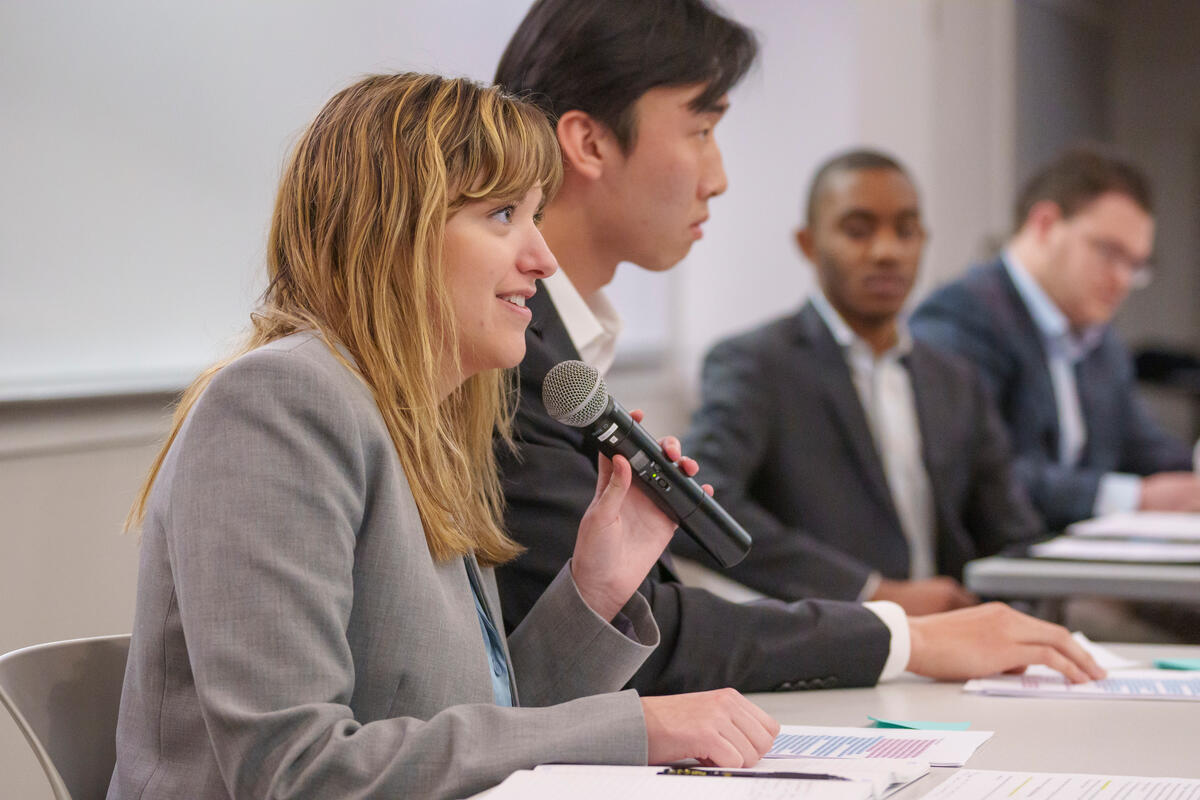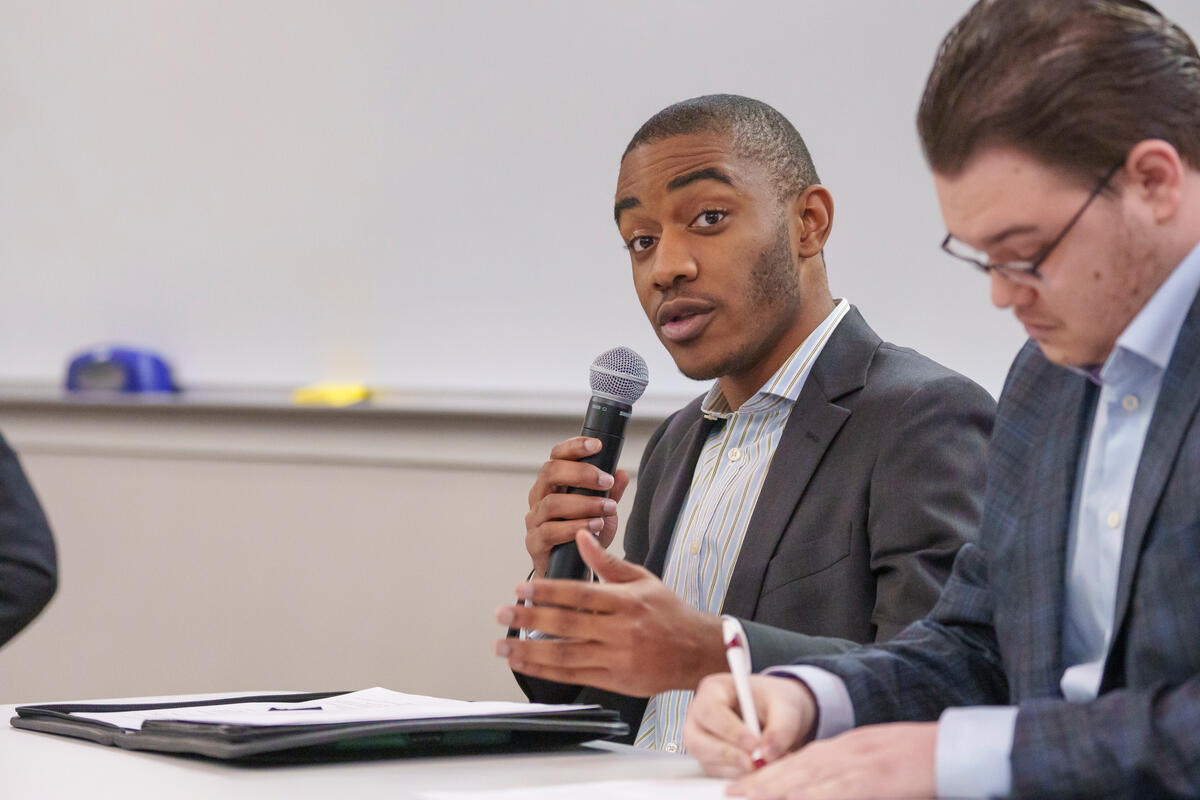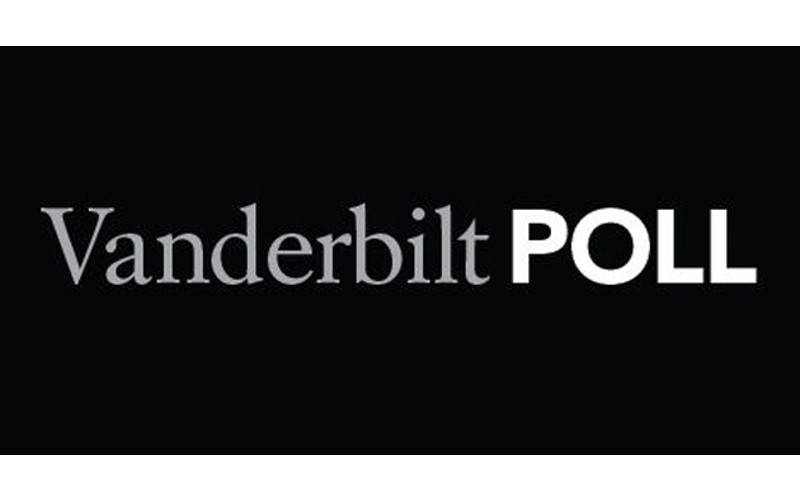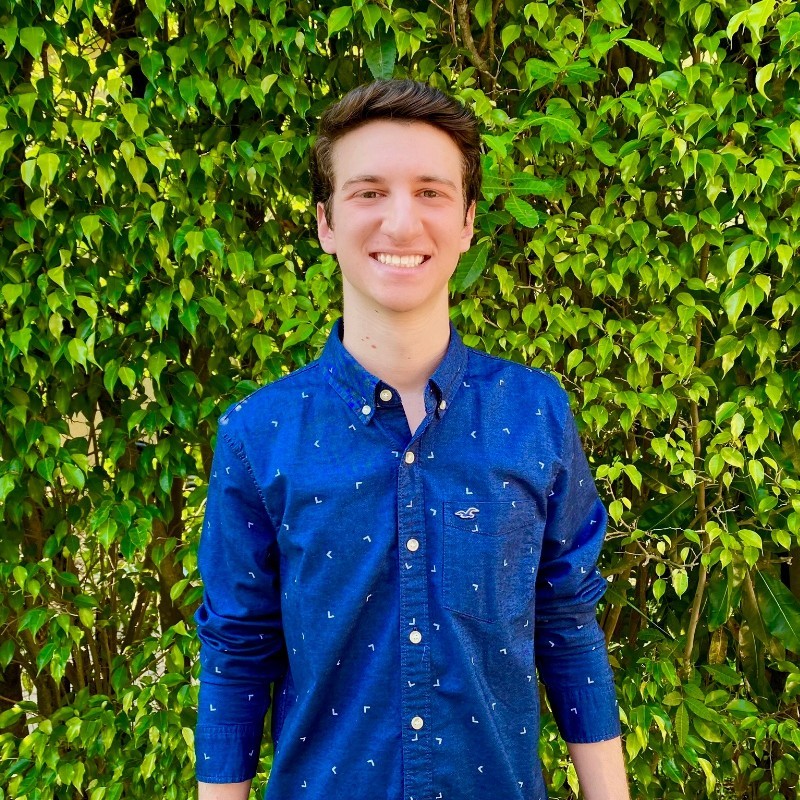Although gun control is a topic at the forefront of the national conversation, it’s rare to see a structured debate on gun policy reform between those on opposing sides of the issue.
On Feb. 28, the Advocacy, Debate, and Dialogue Lab for Civil Discourse Education and Vanderbilt Political Review hosted a debate on gun control policy between Vanderbilt College Republicans and College Democrats on gun control policy. It was the first time in several years that the two organizations held a formal debate. The event was sponsored by Dialogue Vanderbilt.

The debate was moderated by Vanderbilt Debate Team Directors M.L. Sandoz and John Koch, who both play instrumental roles in fostering the spirit of open dialogue and debate on campus.
“No matter how partisan an issue, it is still possible to find common ground, as we did in this debate when both sides agreed that we should arm student resource officers,” Koch said. “It is important to have these debates so audiences can hear from both sides, gather opinions and evidence, and decide for themselves their own position on the issue.” He noted that such formal debates are important because they demonstrate to the campus community that it’s possible to have productive communication with those who have differing opinions.

In stark contrast to many of the conversations in today’s polarized, overheated political environment, debaters on both sides remained cordial and respectful as they thoughtfully considered the points laid out by the opposing team.
“We find it important to hold public debates between our organizations on charged, divisive issues to help illustrate that conversation can create understanding, and to show that, at the end of the day, we can find common ground,” said debaters Melanie Gerko and Andrew Kyung in a written statement on behalf of the Vanderbilt College Democrats. “Hopefully, this event will be able to set a precedent of future cooperation and civil discourse between our organizations. Without conversations and participating in public forums, we have no way of working together to help improve our country.”
Vanderbilt College Republicans shared a similar sentiment.
“Our biggest takeaway from the debate is that so often in political discussions we have the same goal in mind yet simply differ in how to achieve it. This point is particularly important for today’s environment of hyper-partisanship,” said Noah Jenkins, president of Vanderbilt College Republicans. “While we are more divided than ever and disagree about fundamental issues more than at any point in recent memory, we still must remember that the vast majority of people on the other side are not the devil, and that they, too, wish to improve America. Public debates like the one on Wednesday help illuminate this reality.”
The event was the latest in a series of efforts by the university to reaffirm its long-standing commitment to civil discourse and to teach undergraduates how to have respectful and constructive conversations on divisive issues-all part of the Dialogue Vanderbilt initiative launched last fall.
“It was quite inspiring to see approximately one hundred students on a weekday evening come together to support their fellow classmates engage in such a thoughtful, evidence-based debate on a policy matter that continues to vex us,” said Darren Reisberg, senior counselor to Vanderbilt Chancellor Daniel Diermeier. “I give the Vanderbilt Political Review, the College Democrats, the College Republicans and the leaders of our Advocacy, Debate, and Dialogue Lab, John Koch and M.L. Sandoz, tremendous credit. It is yet another prime example of Dialogue Vanderbilt in practice.”

